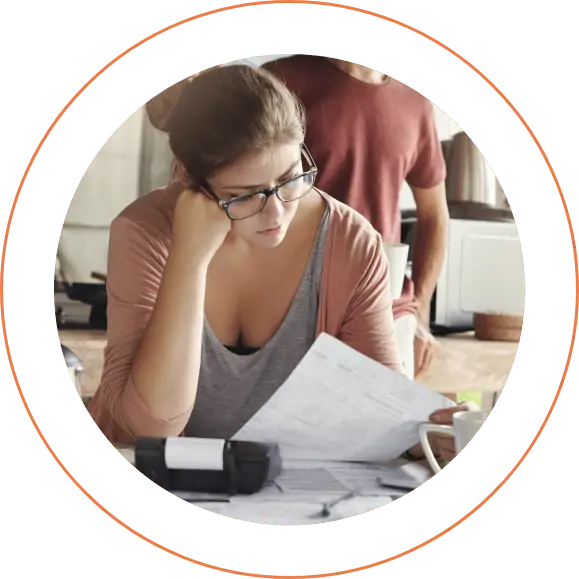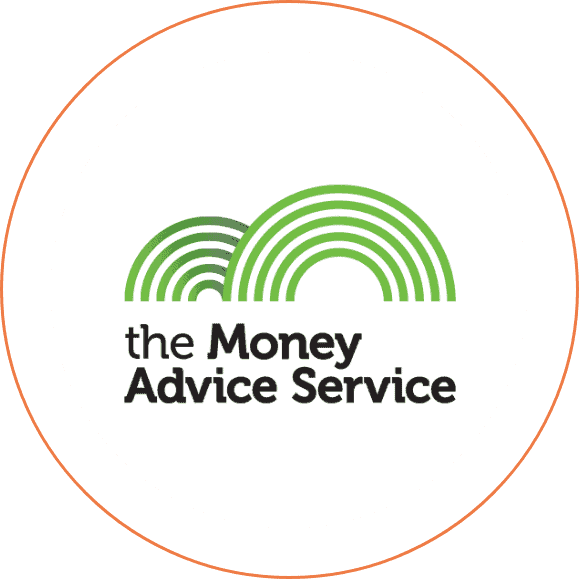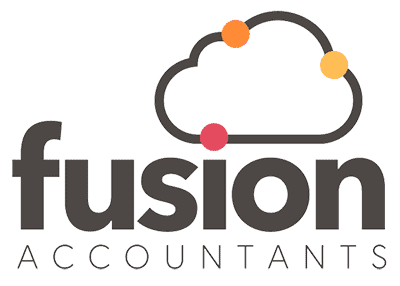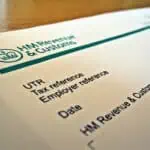Why Are So Many People In The UK In Debt And How Can They Reduce It?
Reading Time:
Over four million people in the United Kingdom who struggle to pay their bills and credit card repayments have recently borrowed to help them get by.
Using borrowing to pay for necessities harms people, exacerbates financial hardship, and decreases living standards. The report says 71% say it has harmed their health, relationships, or capacity to work.
Not all household debt is a result of poor management

According to a recent survey conducted in 2021 by the debt charity StepChange, 65% of individuals who used credit as a safety net maintained credit repayments by missing housing or utility bills, increasing credit use, or cutting back to the point of hardship. This compares to one in ten (12%) of other credit product holders.
Groups with low financial resilience, such as parents with dependent children, renters, and those with extra vulnerabilities such as health concerns, are most vulnerable.
Due to the harm caused to those who cannot make credit repayments, persons in financial hardship receive early, practical assistance and support.
TUC General Secretary, Frances O’Grady said that “Years of austerity and wage stagnation has pushed millions of families deep into the red. The government is skating on thin ice by relying on household debt to drive growth. A strong economy needs people spending wages, not credit cards and loans.”
Debt free options you can consider
Several solutions could help you get debt-free. Some of the options available will depend on your current financial situation and circumstances.
Reducing credit card debt – Budgeting is key!
Debt can be overwhelming for families who rely on credit to get by and may have spread the debt across many credit cards. Should you find yourself in this situation, there are ways you can reduce their total debt.
- Apps like Money Dashboard, Bean, and Emma are an excellent place to start since they give you a good overview and give you more control of your finances. These apps allow users to categorise their spending and identify which areas can be cut down and transferring money between your bank accounts in one app – giving you more control over your finances.
- Credit card debt can be reduced by comparing interest rates and creating a repayment plan that targets high-interest spending. Paying a set affordable amount each month may feel like the debt is more manageable but paying just the minimum amount every month means that the overall figure you end up paying off will be much more over time. Paying off credit card debt could also have a detrimental impact on your credit score and hamper your chances of securing a mortgage.
- If you have many cards, we recommend using any available funds to pay off the one with the highest interest rate first.
Debt Management Plans

If you are battling debt (such as personal loans), using a Debt Management Plan could help you reduce your monthly payments.
Most lenders will agree to the reduced payments, and once a plan is in place, they will no longer contact you chasing payments. However, as with paying off personal debt, agreeing on manageable monthly payments could mean that you will pay more in the long run, and your credit rating could be affected. A debt management plan (DMP) may help you get back on the right track.
Other available debt management solutions
Debt Relief Orders (DRO) are helpful for those earning very low incomes, owe less than £20,000, and your disposable income is less than £50 per month, and are not a property owner. A DRO could be a bankruptcy alternative.
Individual Voluntary Arrangements (IVA) is an agreement with your creditors to pay all or part of your debts over a set period. You agree to make regular payments to an insolvency practitioner, who will share this money between your creditors. An IVA can give you more control of your assets rather than opting for bankruptcy.
An IVA allows you to repay your lenders over a set period, usually five years, and after this time, the outstanding debt will be written off. You could be required to reduce spending on non-essential items. Lenders are not obliged to approve your IVA. Once accepted, they will freeze interest and charges and cannot chase you for your debts. Details of your IVA will appear on a public register, and your credit rating will be adversely affected. IVA does allow you to keep your business running if you have one. If the IVA fails, you could be at risk of bankruptcy.

Sometimes, you may be advised to file for bankruptcy rather than opting for an IVA if you cannot realistically pay back the debt in a small number of years. We suggest discussing all options with a financial adviser or free money advice service.
It is a sobering thought that the average person in the UK lives with debt, only worsened by the student loan crisis. Far from being merely a budgeting issue, debt is linked to wage stagnation, the pandemic and austerity measures. Those struggling to meet monthly expenses should first attempt to lower extraneous spending. However, financial planning may be necessary if households struggle to meet their monthly expenses.
For free and impartial money advice about managing your money and getting free debt advice, visit Money Advice Service an independent service set up by the UK government to help people manage their money.






